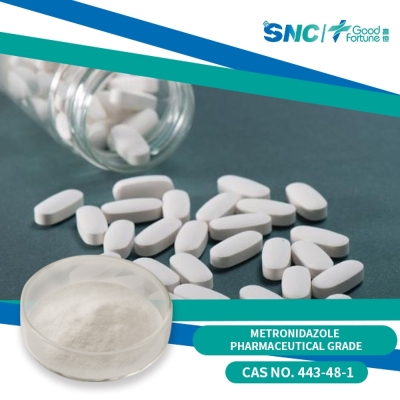-
Categories
-
Pharmaceutical Intermediates
-
Active Pharmaceutical Ingredients
-
Food Additives
- Industrial Coatings
- Agrochemicals
- Dyes and Pigments
- Surfactant
- Flavors and Fragrances
- Chemical Reagents
- Catalyst and Auxiliary
- Natural Products
- Inorganic Chemistry
-
Organic Chemistry
-
Biochemical Engineering
- Analytical Chemistry
-
Cosmetic Ingredient
- Water Treatment Chemical
-
Pharmaceutical Intermediates
Promotion
ECHEMI Mall
Wholesale
Weekly Price
Exhibition
News
-
Trade Service
Minocycline hydrochloride is a semi-synthetic tetracycline antibiotic that is widely used to treat a variety of bacterial infections.
In the chemical industry, it is an important raw material for the production of several downstream products, including pharmaceuticals, food additives, and personal care products.
The upstream and downstream products of Minocycline hydrochloride are closely linked, with the production of one affecting the availability and cost of the other.
Upstream Products
The production of Minocycline hydrochloride involves several upstream processes, including the extraction and purification of the active ingredient from a natural source and the synthesis of the hydrochloride salt.
The most common source of Minocycline hydrochloride is the Actinomycete bacteria, which are found in soil and other natural habitats.
These bacteria produce the precursor compound minocycline, which is then extracted and purified using various chemical and physical methods.
The purified minocycline is then converted into Minocycline hydrochloride by combining it with hydrochloric acid.
Downstream Products
The primary downstream products of Minocycline hydrochloride are pharmaceuticals, food additives, and personal care products.
Minocycline hydrochloride is used as an active ingredient in a variety of antibiotic formulations, including oral and topical preparations.
These formulations are used to treat a range of bacterial infections, including acne, rosacea, and pneumonia.
In addition to its use in pharmaceuticals, Minocycline hydrochloride is also used as a food additive and a personal care product ingredient.
It is used in a variety of food products, including cheese, yogurt, and other dairy products, to inhibit the growth of bacteria and extend the shelf life of the product.
It is also used in personal care products, such as soaps and shampoos, to prevent the growth of bacteria and improve the overall health of the skin and hair.
The production of these downstream products is directly influenced by the availability and cost of Minocycline hydrochloride.
The quality and purity of the raw material used in the production of Minocycline hydrochloride can have a significant impact on the effectiveness and safety of the final product.
As such, it is important that the upstream and downstream processes are closely linked and that the production of Minocycline hydrochloride is carefully monitored and controlled.
Challenges and Opportunities
The production of Minocycline hydrochloride is a complex and challenging process, and there are several factors that can affect the quality and availability of the final product.
One of the main challenges is the purity of the raw material, which can vary widely depending on the source and production methods.
In addition, the production of Minocycline hydrochloride is subject to a variety of regulations and quality standards, which can affect the cost and availability of the final product.
Despite these challenges, there are also several opportunities for innovation and growth in the production of Minocycline hydrochloride and its downstream products.
The increasing demand for antibiotic treatments and personal care products, as well as the growing awareness of the importance of food safety, presents a significant market opportunity for companies involved in the production of Minocycline hydrochloride.
In addition, the development of new and more effective methods for the production and purification of Minocycline hydrochloride can help to improve the quality and efficiency of the production process.
Conclusion
Minocycline hydrochloride is an important raw material in the production of several downstream products, including pharmaceuticals, food additives, and personal care products.
The upstream and downstream products of Minocycline hydrochlor







